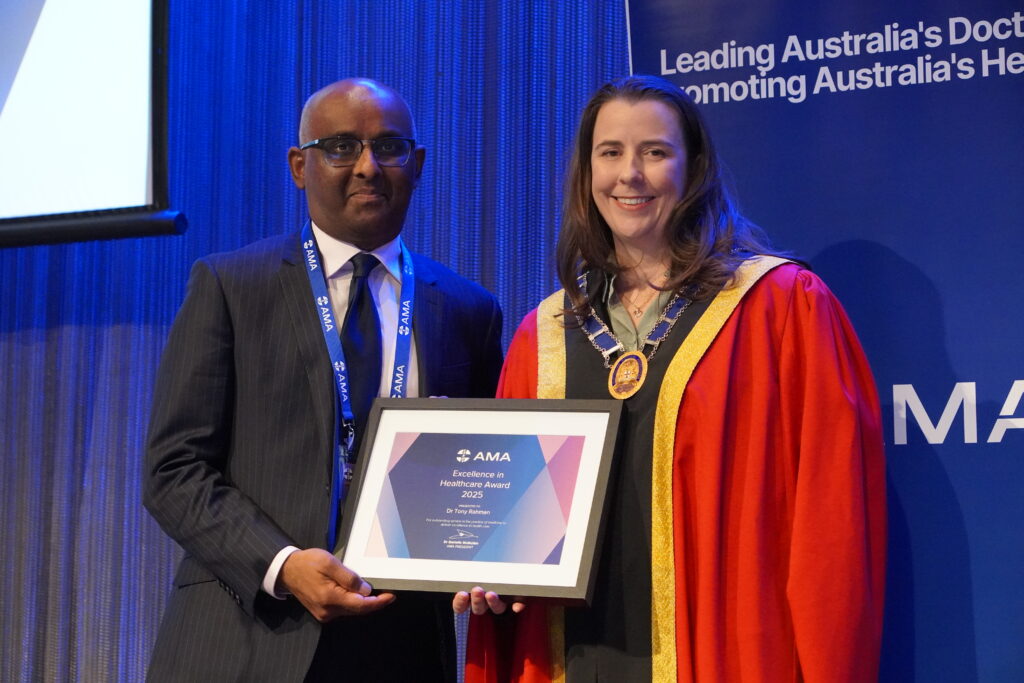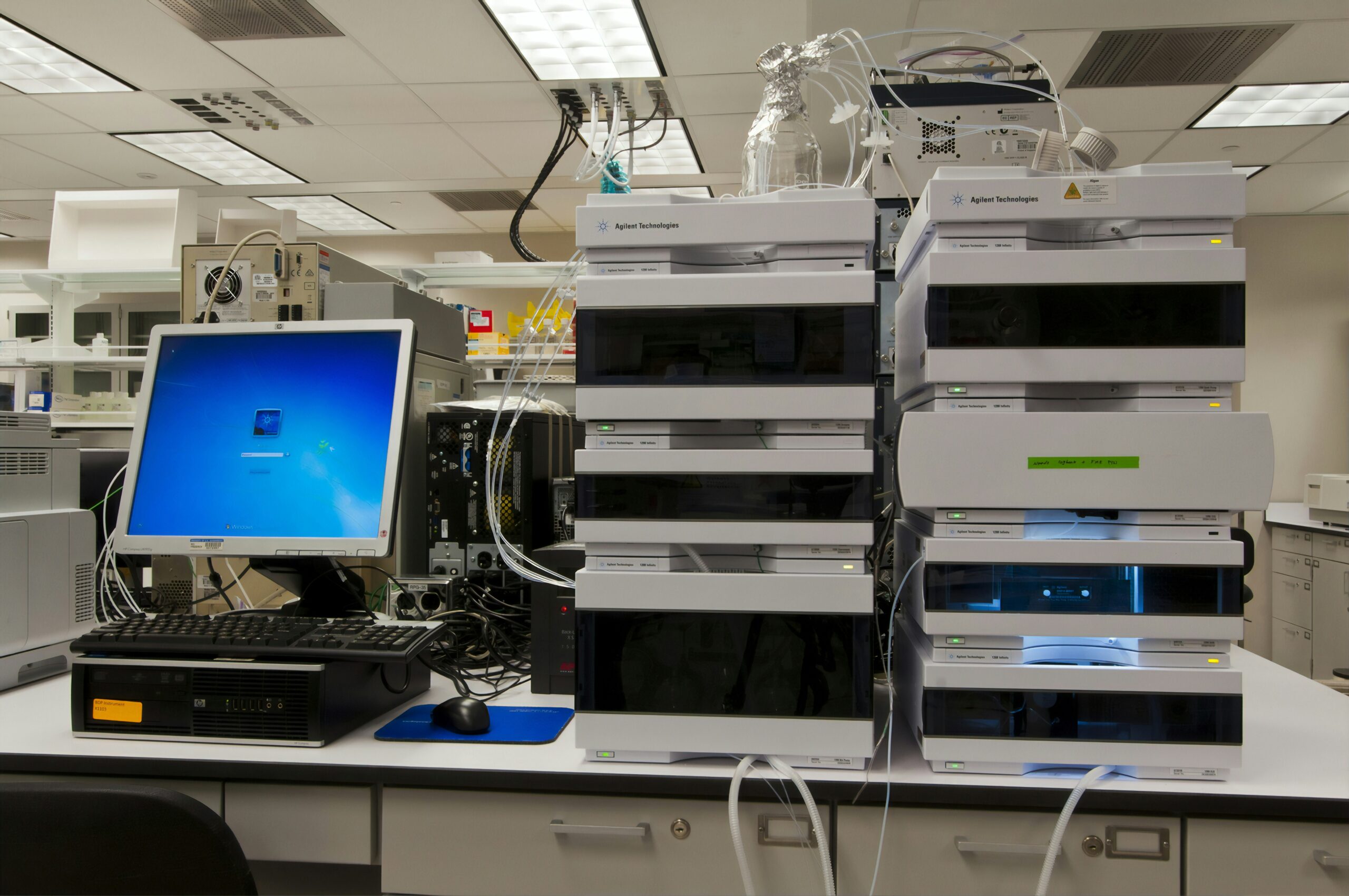
The Australian Medical Association (AMA) has recognized Adjunct Professor Rahman, a senior gastroenterologist based in Brisbane, for his outstanding contributions to healthcare, particularly in supporting refugees and vulnerable communities. This accolade was announced during the AMA25 National Conference, highlighting his leadership and commitment to health equity.
Adjunct Professor Rahman, who served as the inaugural Chair of the Queensland Gastroenterology Network, has played a pivotal role in enhancing colonoscopy care standards, equity, patient safety, and clinical efficiencies. His efforts have significantly improved bowel cancer detection rates across Queensland, benefiting countless individuals.
Commitment to Health Equity
AMA President Dr. Danielle McMullen praised Professor Rahman for his dedication to the medical profession and his unwavering commitment to marginalized groups, including the homeless, remote communities, refugees, and those with mental health challenges. “Adjunct Professor Rahman is not only a highly-skilled specialist committed to improving patient outcomes, he has also shown a deep conviction to promoting health equity,” Dr. McMullen stated.
She further emphasized his role as a passionate advocate for the underserved, ensuring they receive the healthcare they need and deserve. “His professional skills as a specialist gastroenterologist and his social conscience display the highest ideals and commitment of the medical profession not only in Australia but also at the international level,” she added.
Recognition and Team Effort
Upon receiving the award, Adjunct Professor Rahman expressed his gratitude, stating, “It is an absolute honor to be the recipient of this prestigious national award. I am delighted that the AMA recognizes and applauds equity of access, especially to vulnerable members of our society.”
He acknowledged the collaborative nature of his work, highlighting the importance of team efforts in driving innovation within complex healthcare systems. “I accept this on behalf of everyone who has helped facilitate the projects,” he said, specifically mentioning the executive at Queensland Health and The Prince Charles Hospital ‘Common Good’ for their support in funding pilot studies and improving access.
“I thank the patients and general practitioners, who have been involved in co-designing processes, for their essential critical, but constructive feedback,” Adjunct Professor Rahman remarked.
International Contributions
Beyond his work in Australia, Adjunct Professor Rahman has extended his expertise internationally. He volunteered in Tonga, where he contributed to training programs focusing on upper gastrointestinal health issues and colonoscopy skills. His efforts have not only benefited local communities but have also set a precedent for international medical collaboration.
Implications and Future Prospects
The recognition of Adjunct Professor Rahman’s work underscores the importance of addressing healthcare disparities and promoting access to medical services for all, regardless of socio-economic status. His achievements serve as a model for healthcare professionals worldwide, emphasizing the need for a holistic approach to patient care that includes advocacy and social responsibility.
As healthcare systems globally continue to grapple with challenges of equity and access, the work of professionals like Adjunct Professor Rahman becomes increasingly crucial. His contributions highlight the potential for impactful change when medical expertise is combined with a commitment to social justice.
Looking ahead, the AMA’s acknowledgment of such efforts may inspire further initiatives aimed at bridging healthcare gaps and ensuring that vulnerable populations receive the care they deserve. This recognition not only celebrates individual achievements but also calls for a collective effort to foster a more inclusive and equitable healthcare landscape.





